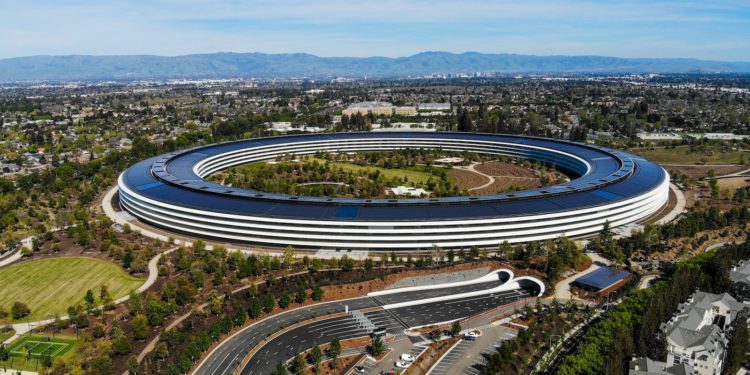The European Union is pushing ahead with legislation to heavily regulate companies like Apple, planning to force "gatekeepers" to open access to hardware and software and even set up an internal department to comply with the new rules, the European Parliament's Internal Market Committee confirmed.
The provisional agreement on the Digital Markets Act (DMA) was approved by EU governments earlier this week with 43 votes in favour, one against and one abstention achievedThis shows that there is a broad consensus among European lawmakers on aggressive regulation of big tech companies. It is almost certain that Apple will be classified as a "gatekeeper" and affected by regulation. This is due to the level of annual turnover in the EU, the ownership and operation of platforms with a large number of active users, and the "established and durable position" as the company has already met these criteria for a long time and is therefore subject to the rules of the DMA.
EU wants to enforce interoperability of certain applications
The DMA could force Apple to make major changes to the App Store, iMessage, FaceTime, third-party browsers and Siri in Europe. For example, Apple could be forced to allow users to install third-party app stores and sideload apps, allow developers to work closely with Apple's own services and promote their offerings outside the App Store, use third-party payment systems and access data collected by Apple. One of the most recent additions to the DMA is the requirement that messaging, voice and video calling services must be interoperable. The interoperability rules theoretically mean that meta-apps like WhatsApp or Messenger could request interoperability with Apple's iMessage framework and Apple would be forced to comply.
Attack on Apple's hardware and software functions
The latest provisional agreement calls for the establishment of a "High Level Group" of central European digital regulators to coordinate national regulators in EU member states and requires gatekeepers to set up an independent "compliance function". The new group must include compliance officers to oversee their company's compliance with EU legislation with sufficient powers, resources and access to management and be led by an "independent senior manager with clear responsibility for the compliance function". The rule would require companies like Apple to set up an internal department to deal with competition compliance. In addition, the new rules specifically target companies like Apple that have a "dual role" and control both the hardware and software.
Apple is under pressure from regulators around the world
This could have a significant impact on the level of integration developers can achieve on Apple platforms, such as making contactless payment services work on iPhone and Apple Watch in the same way as Apple Pay. EU lawmakers provisionally approved the DMA in March. Next, the proposals will go to the European Parliament for a final vote in July, before being formally adopted by the European Council and published in the EU Official Journal. The DMA will come into force 20 days after publication, and affected companies will have six months to implement it. Beyond the European Union, the Apple ecosystem is increasingly under scrutiny from governments around the world, including in the United States, the United Kingdom, Australia, Japan and South Korea. Global regulators are clearly keen to examine requirements related to app sideloading and interoperability. (Photo by Unsplash / Carles Rabada)





